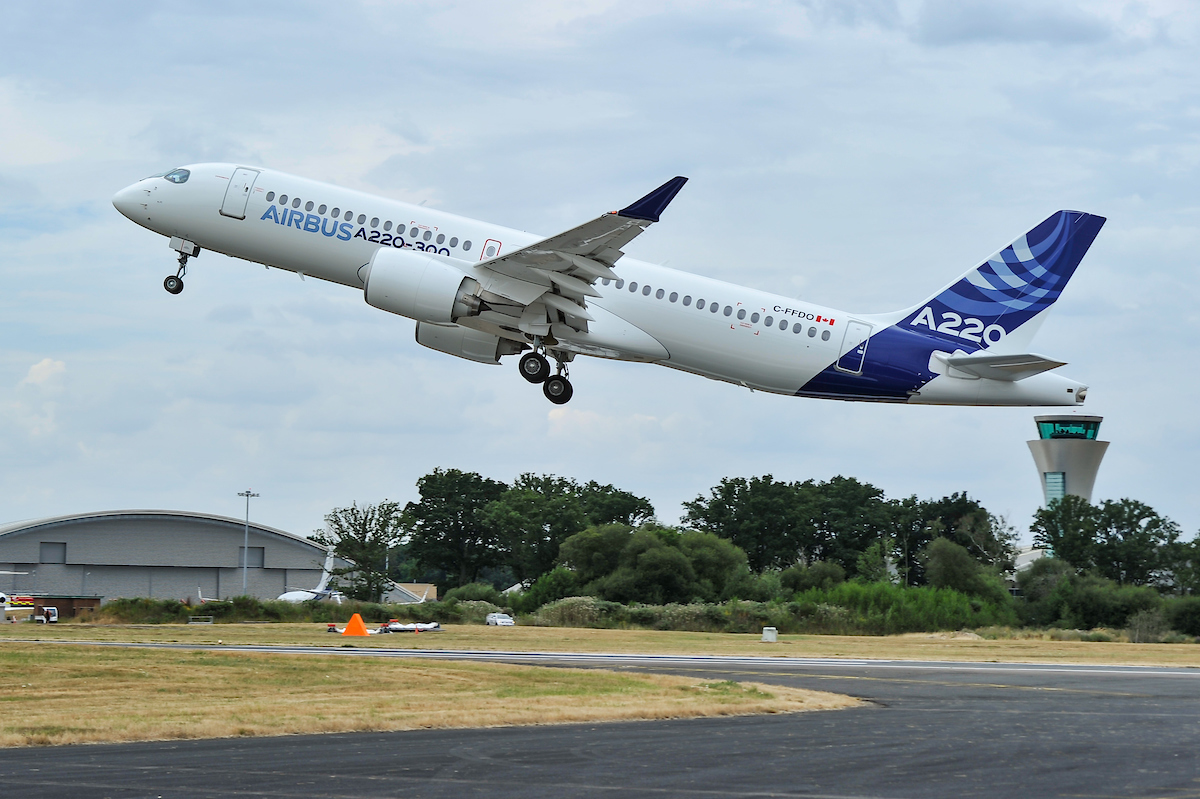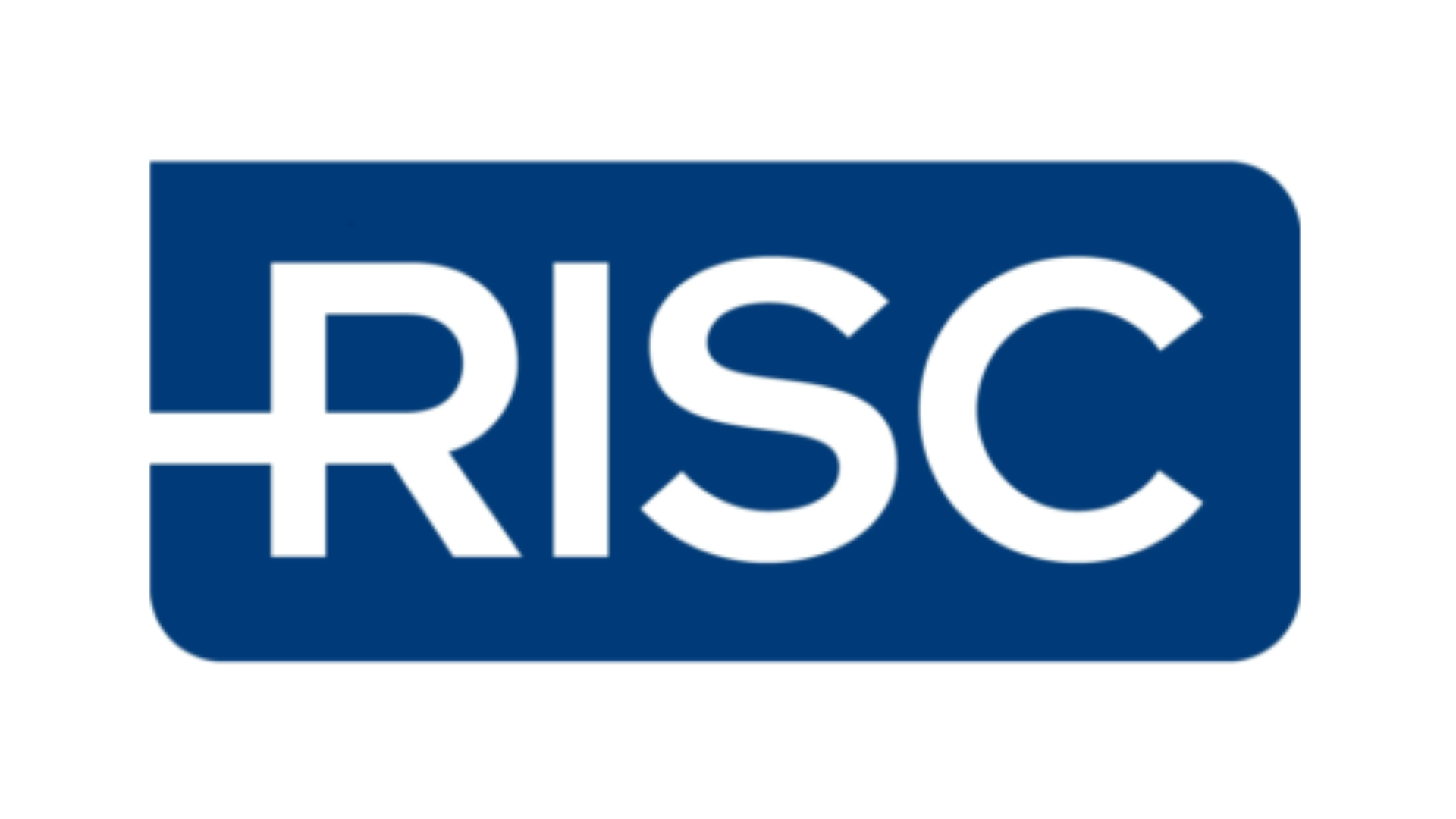
Beyond Brexit – the future of aerospace regulation
All attention is focused on the critical days leading up to 31st October, at which point the Government has said that we will leave the EU under any circumstances. Whether this is through renegotiating the Withdrawal Agreement or leaving with No Deal, this does mean that there will soon be increased focus on what the future relationship between the EU and the UK will look like.
When we consider what comes after the 31st October, here is a list of key points that should be considered for civil aerospace:
- European Aviation Safety Agency. Above all else, the UK aerospace industry is united in wishing to retain membership of EASA. This is the best means to achieve continued aviation safety in the UK, retain the significant role of the UK in the European aviation industry, and ensure continued UK influence on European-wide and international aviation regulation. This is also easily achieved through the Basic Regulation of the Agency, which specifically allows for the membership of European third countries (through Article 129).
- Third country relationships. The UK has negotiated continuity Bilateral Aviation Safety Agreements (BASAs) with the US, Canada and Brazil, to cover the existing EU agreements. However, once we leave the EU the UK will have to negotiate its own BASAs. These will be needed to mirror EU BASAs if we remain in EASA to provide the same coverage (with the next ones being Japan and China), but will have to be independent UK agreements if we are unable to remain in EASA.
- Engage with international bodies. Civil aerospace is a global industry, with a global governing body in the International Civil Aviation Organisation. The UK is an independent member of ICAO, but the EU plays a role in coordinating a common position among EU ICAO members. As a leading civil aerospace nation, the UK should ensure we play a leading role in shaping the agenda of ICAO – including working closely with the EU.
- Develop smarter and more ‘agile’ regulation. The impacts of digital manufacturing, artificial intelligence, 5G and other technological developments are just at the beginning of their impact on the civil aviation. The UK should develop its advantages in education, high technology, and a well-trusted governance system to be at the forefront of ensuring we adapt to the opportunities of technology – especially for the possibility of greener and autonomous flight.
- Maintain and enhance the rigour of the aviation system. Safety is at the heart of the aviation industry; it is what enables industry growth and continued trust from passengers in both airlines and manufacturers. The UK should work tirelessly at the maintenance of an appropriate level of safety, and work to raise the global safety standard of the aviation industry.
For more information on how to prepare for Brexit, please visit our Brexit Hub.





